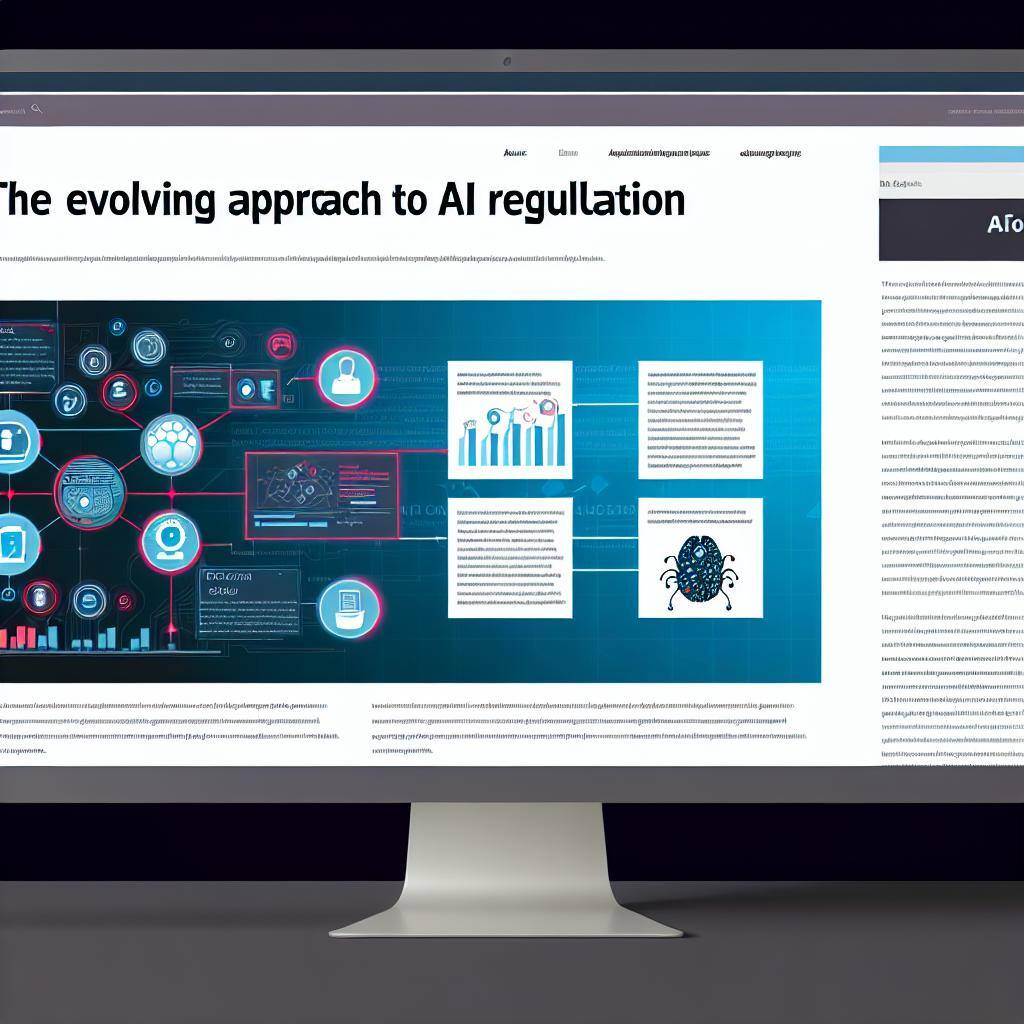| Risk Warning: Don’t invest unless you’re prepared to lose all the money you invest. This is a high‑risk investment and you are unlikely to be protected if something goes wrong. Take 2 mins to learn more. |
The Financial Conduct Authority (FCA) continues to lead in fostering a secure, responsible, and innovative financial services sector in the UK, particularly in the context of rapid technological advancements in artificial intelligence (AI). This blog post summarises the key points from the FCA's latest AI update, which outlines their approach, achievements, and future plans regarding AI regulation.
FCA's Stance on AI:
The FCA has affirmed its commitment to ensuring that AI is leveraged in a way that benefits both the industry and consumers while maintaining safety and compliance. Their strategy aligns with the government’s pro-innovation stance, emphasizing a technology-agnostic, principles-based, and outcomes-focused regulatory framework.
Recent Progress and Initiatives:
The FCA has actively engaged in understanding and shaping the AI landscape through various initiatives:
- Surveys and Research: Collaboration with the Bank of England on machine learning surveys and the AI Public-Private Forum to gather insights on AI's use and impact.
- Regulatory Tools: Development of tools such as TechSprints and the Regulatory Sandbox, which allow for safe experimentation and innovation in the AI space.
- Policy Development: Ongoing work on AI-related policies, focusing on safety, fairness, transparency, and accountability in AI applications.
Challenges and Regulatory Focus - Operational Resilience: The complexity of AI systems necessitates robust risk management and governance frameworks to ensure operational resilience.
- Consumer Protection: Ensuring AI does not undermine consumer rights or contribute to unfair practices.
- Data and Security: Addressing concerns related to data privacy, security, and the ethical use of AI.
Looking forward, the FCA plans to Deepen Understanding by Continuing research to better understand AI's implications and ensure regulatory measures are responsive and proportionate and work with international bodies to ensure global consistency in AI regulation.
How to prepare for AI regulations:
Firms should ensure that their AI operations are in line with the Governments White Paper Consultation: https://www.gov.uk/government/publications/ai-regulation-a-pro-innovation-approach/white-paper and adhere to the following principles:
- Safety, security and robustness
- Appropriate transparency and explainability
- Fairness
- Accountability and governance
- Contestability and redress
Conclusion:
The FCA's proactive and forward-thinking approach aims to balance the benefits of AI with the need for comprehensive regulatory oversight. By adapting and evolving regulatory frameworks, the FCA is positioning the UK's financial services industry at the forefront of responsible AI innovation, ensuring it remains competitive and secure in a digital age.
Sapphire are in the process of developing an AI policy to ensure that they meet the key requirements detailed in the Governments White Paper Consultation and the FCA’s update paper, and it is recommended that relevant firms consider the same approach. For detailed insights, the full AI update report by the FCA can be accessed on their official website: https://www.fca.org.uk/publication/corporate/ai-update.pdf
Sapphire Capital Partners LLP is authorised and regulated by the Financial Conduct Authority (FRN: 565716). The content is for information purposes only and does not constitute investment advice or a recommendation to invest. SEIS and EIS tax reliefs depend on individual circumstances and may change. The value of investments may go down as well as up, and investors may not get back the full amount invested. Past performance is not a reliable indicator of future performance. Investment outcomes can differ substantially, potentially resulting in the loss of all your capital invested. Shares in early-stage companies are illiquid: you may be unable to sell your holding for several years, if at all. Investors should not rely on this article as a basis for investment decisions and must consider the illiquid and high-risk nature of early-stage investing. No warranty as to future outcome is implied nor should one be inferred. Tax treatment depends on individual circumstances and may be subject to change. Investments of this type are generally not covered by the Financial Services Compensation Scheme or the Financial Ombudsman Service if the underlying companies fail.

